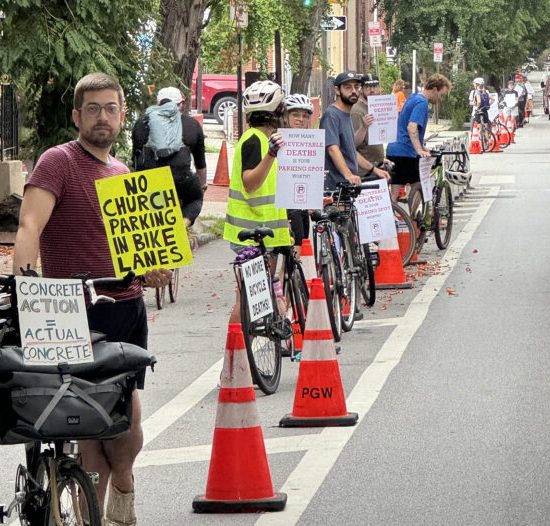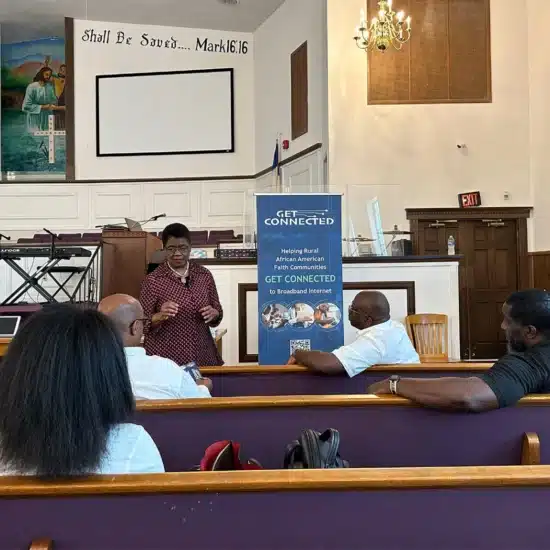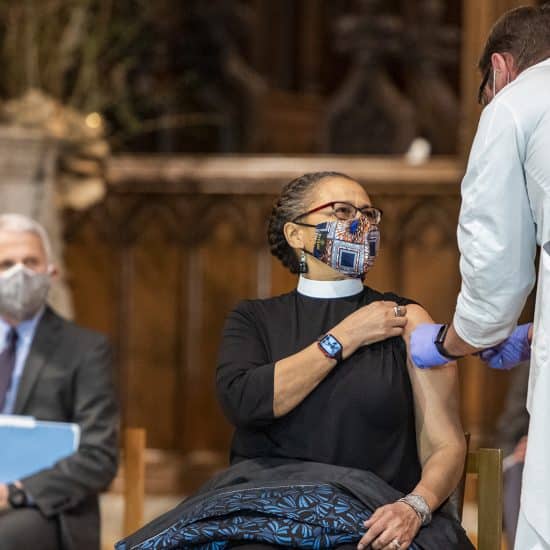DALLAS — Working with existing programs can help churches meet the needs of more hungry people without expending extra funds.
By connecting people in need with already-funded programs—particularly those through the U.S. Department of Agriculture — churches can help people in need without expending funds that could be used to purchase food for hungry people, said Bill Ludwig, USDA regional administrator, who was one of the presenters during a Baptist General Convention of Texas Christian Life Commission Hunger Policy Summit.
Church leaders and volunteers can help people determine if they are eligible for programs such as food stamps, elder care nutrition, Medicaid, state children’s health insurance and state-sponsored meal programs, each of which may help improve the quality of life, Ludwig noted.
Many people who are eligible for assistance have yet to apply for aid. A church can connect people with government help, he urged.
Churches also can connect with the USDA to provide free food for some of their outreach ministries, particularly efforts like summer feeding programs, Ludwig continued. That allows churches to spend money on other ministries or buy food for other people without compromising a congregation’s ability to share the gospel.
“We’ll supply the food for free,” Ludwig said.
“Food delivered through food banks and USDA can be used to support hungry people and ministries that serve them. There are safe ways to feed without dangerous government and church entanglement,” CLC Director Suzii Paynter said.
Roughly 14.8 million Texans are “food insecure,” meaning they don’t know where they will find their next meal. About 5 percent of Texans are considered “very food insecure,” meaning they will go without food multiple times a year.
The majority of families who are considered food insecure are the working poor, said Meredith Williams, regional director of Bread for the World. Heads of families are employed, but not to the degree that they can buy nutritious food for their children. American culture promotes a hardy work ethic and employment, but many working people earn at levels that do not sufficiently feed their families.
Williams believes the church has a responsibility to advocate on behalf of the working poor. Together, Christians can stand up for people who are struggling to gain the necessities of life.
“These are wonderful, hard-working people who simply aren’t making it,” Williams said. “We have the capacity to speak for them.”
For more information about partnering with government agencies in hunger ministries or starting or growing a hunger ministry, call Gerald Davis at the BGCT at (888) 244-9400.
John Hall is news director for the Baptist General Convention of Texas






